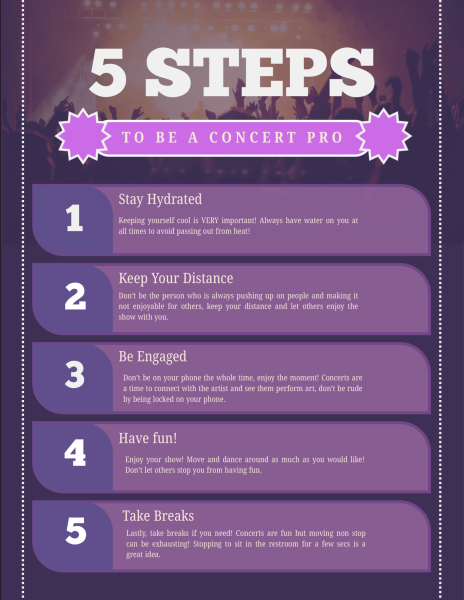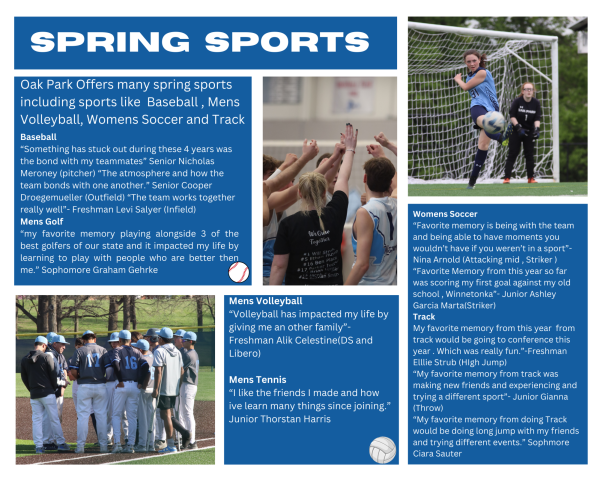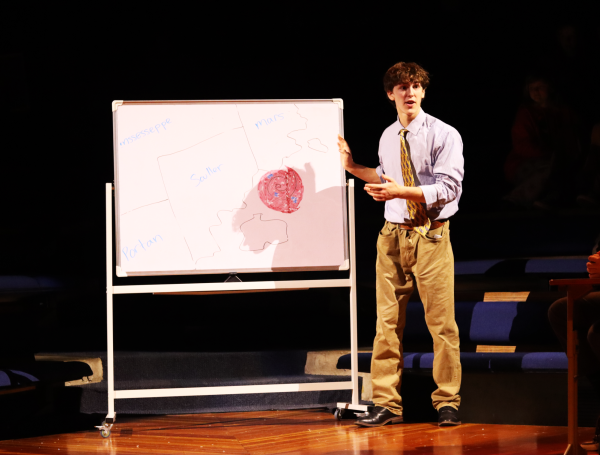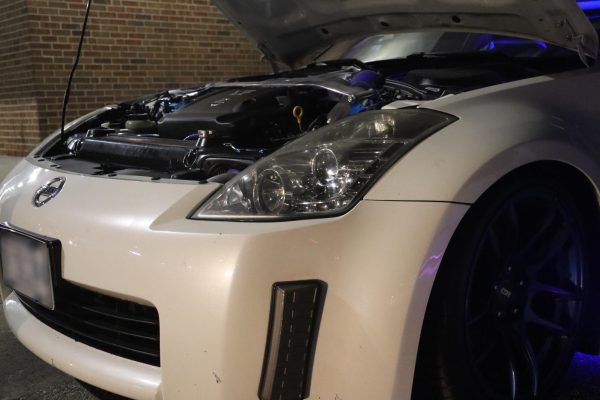Winter weather may wreck cars
Photo and Q&A by: Natalie Holmgren
With the return of winter weather, Northmen News caught up with deputy Scott Archer to get advice for driving in the weather, and to learn what the school does to protect and educate students.
Northmen News: What are dangerous driving habits?
Scott Archer: “The most dangerous driving habits would be driving drunk, medicated and tired. The most common and avoidable are distracted, speeding, running red lights/stop signs, not wearing a seat belt and tailgating. One of the biggest one most student drivers don’t think about is not keeping up with your vehicles maintenance i.e. wipers, tires and breaks.”
NN: How does winter weather impact teen drivers?
SA: “Teen drivers lack experience driving in everyday conditions. Adding winter weather impacts teen drivers greatly.”
NN: How does winter weather affect these already dangerous driving habits?
SA: “It’s just another distraction, which significantly increases their chances of having an accident.”
NN: How do you think we could fix the dangerous driving habits among teens?
SA: “Make tougher driving laws for 16-21 year olds, or not a popular answer, but, raise the driving age to 18.”
NN: What are some suggestions you would give to teens driving in winter weather?
SA: “Make sure you take the time to clear all vehicle glass of frost, ice, or snow before leaving. Run defrost to assist in keeping interior glass clear. Take your time and slow down. Leave earlier so that you don’t feel rushed or pressured to get to school.”
NN: Are the problems students have driving in the snow worse than those that adults have?
SA: “Yes. Both are faced with similar issues, but lack of experience and patients in students make it much worse.”
NN: What precautions does Oak Park take to help teen drivers?
SA: “Oak Park and NKCSD staff does an exceptional job in providing clear walkways, driveways, and sidewalks. Law enforcement and campus supervisors make themselves available every day to offer a safe exit from the campus.”

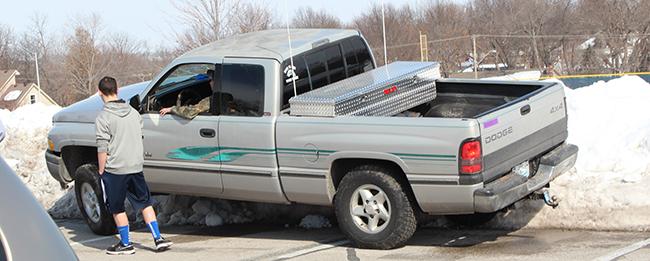


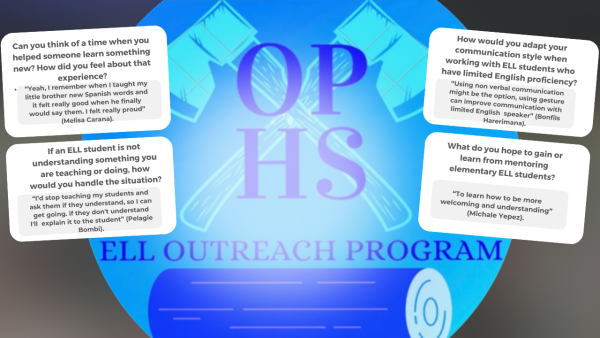

![On Wednesday, Jan. 8, NKC Schools student Ryker Nakahodo begins to shovel his driveway by throwing it atop a pile. He did all this in the hope that shoveling snow would earn some money. He also didn't want to change into winter gear because wanted to get out there and do a quick job. “Because I don't want my Mom to slip and die in the car or Silva [our neighbor]," Nakahodo said.](https://northmennews.com/wp-content/uploads/2025/01/nakahodonikolas_26090_25301658_IMG_3107-600x450.jpg)

